SUP-PTU200 Turbidity meter
Characteristics
Range: 0.01-100 NTU 、0.01-4000 NTU
Resolution: Less than ± 2% of the measured value
Pressure range: ≤0.4MPa
Power supply: AC220V±10%; 50Hz/60Hz
Range: 0.01-100 NTU 、0.01-4000 NTU
Resolution: Less than ± 2% of the measured value
Pressure range: ≤0.4MPa
Power supply: AC220V±10%; 50Hz/60Hz
Specification
| Product | Turbidity meter |
| Model | SUP-PTU200 |
| Display | 128 * 64 dot matrix LCD with LED backlight, |
| which can be operated under the direct sunlight | |
| Power supply | AC:85~500V, 50Hz/60Hz; DC: 9~36VDC |
| Output | Three-way analog output 4-20mA, |
| Note: the maximum load is 500 ohms | |
| Relay | Three-way relay can be set up |
| Digital communication |
MODBUS RS485 communication function, which can transmit real-time measurements |
| Warranty period | 1 year |
| Material of outside shell |
Lower casing: Aluminum with powder covering |
| cover: PA66+GF25+FR | |
| Storage temperature | -20~70℃ |
| Operation temperature | -15~60℃ |
| Ingress protection | IP65/NEMA4X |
| Size | 145*125*162mm L*W*H |
| Weight | 1.35KG |
Introduction
SUP-PTU200 Turbidity Analyzer based on the infrared absorption scattered light method and combined with the application of ISO7027 method, can guarantee the continuous and accurate detection of turbidity. Based on ISO7027, infrared double scattering light technology will not be affected by chroma for the measurement of turbidity value. According to the usage environment, self-cleaning function can be equipped with. It assures the stability of data and reliability of performance; with the built-in self-diagnosis function, it can make sure the accurate data be delivered; besides, the installation and calibration is quite simple.
In addition, the turbidity meters have several advantages, including their ability to provide quick and accurate measurements of turbidity in a wide range of samples, from drinking water to industrial wastewater. They are also relatively simple to use and require minimal sample preparation.
Turbidity meters can be used in a variety of applications, including monitoring water quality in swimming pools, drinking water treatment plants, and industrial processes such as food and beverage production. They can also be used to monitor the effectiveness of water filtration and treatment processes, as well as to detect changes in water quality that may indicate the presence of contaminants or other harmful substances.
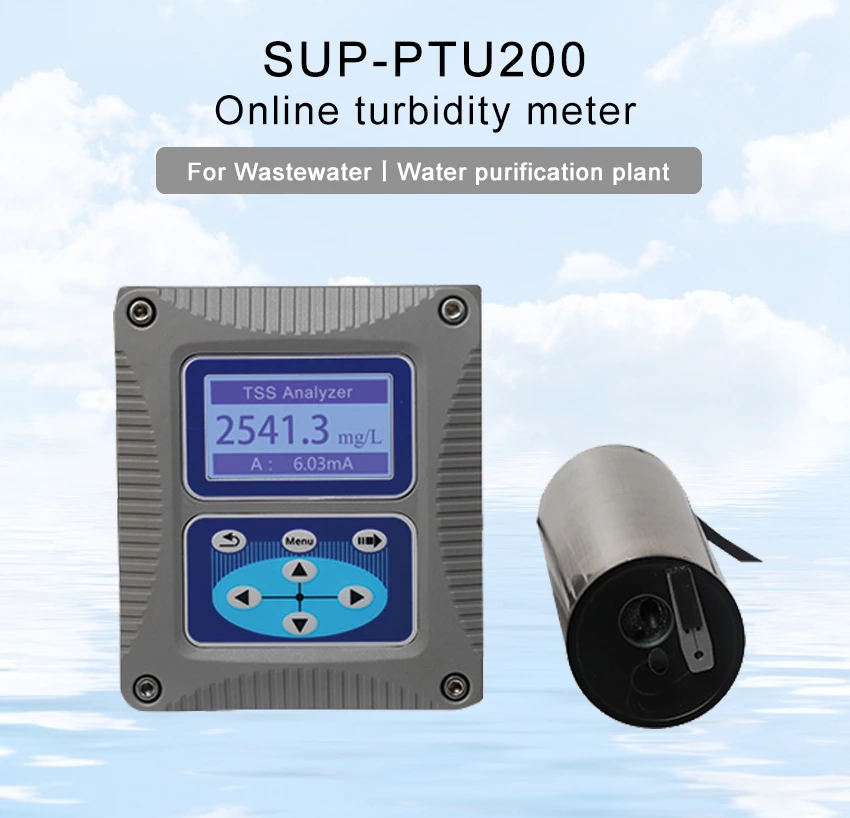
Application
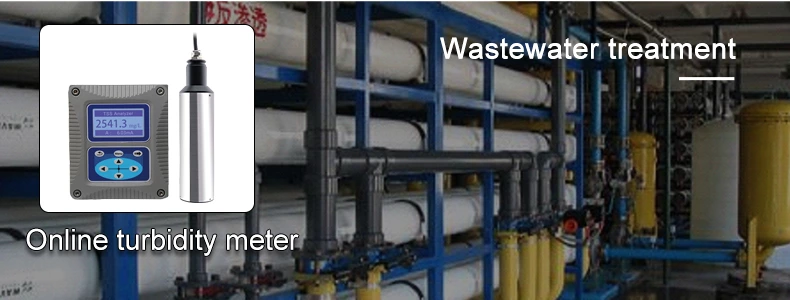
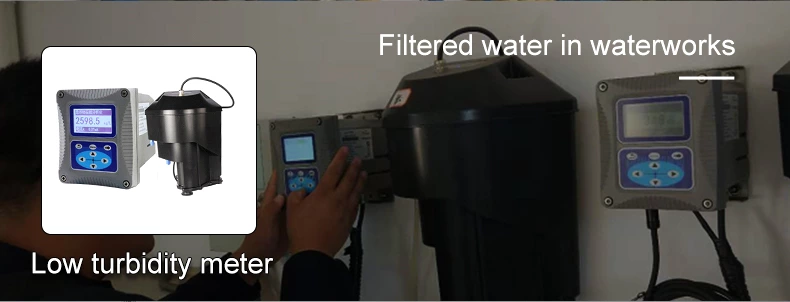
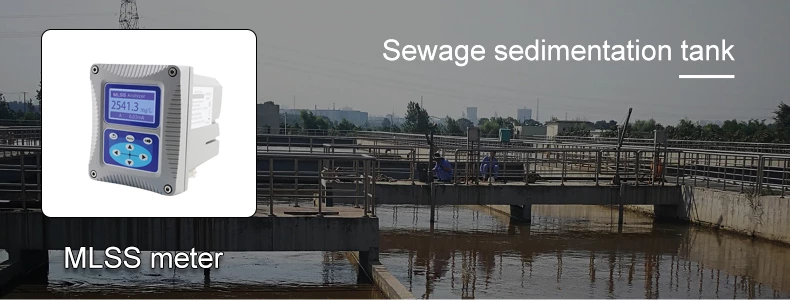
Description
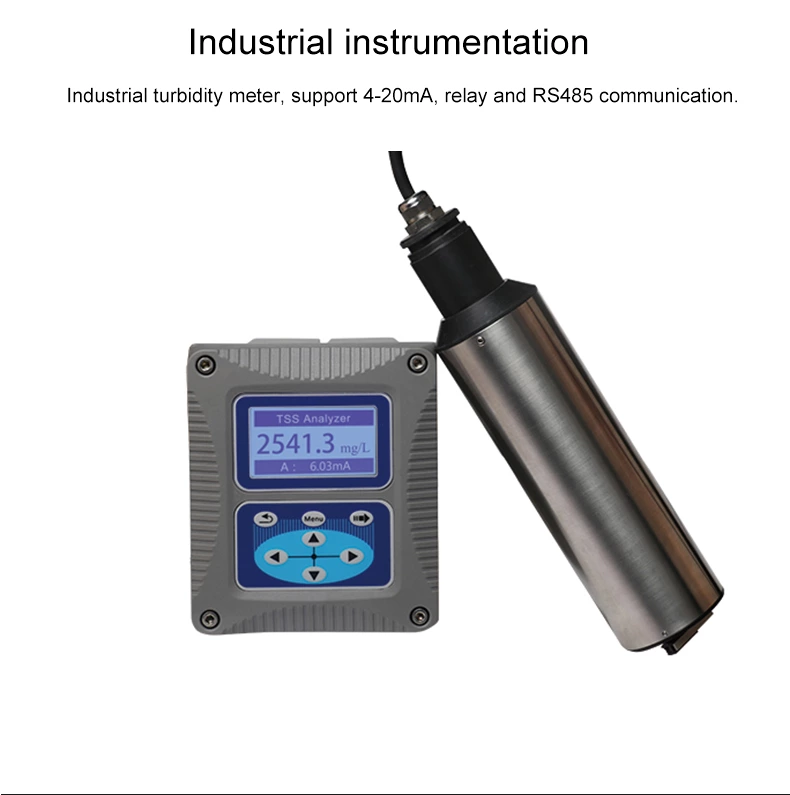
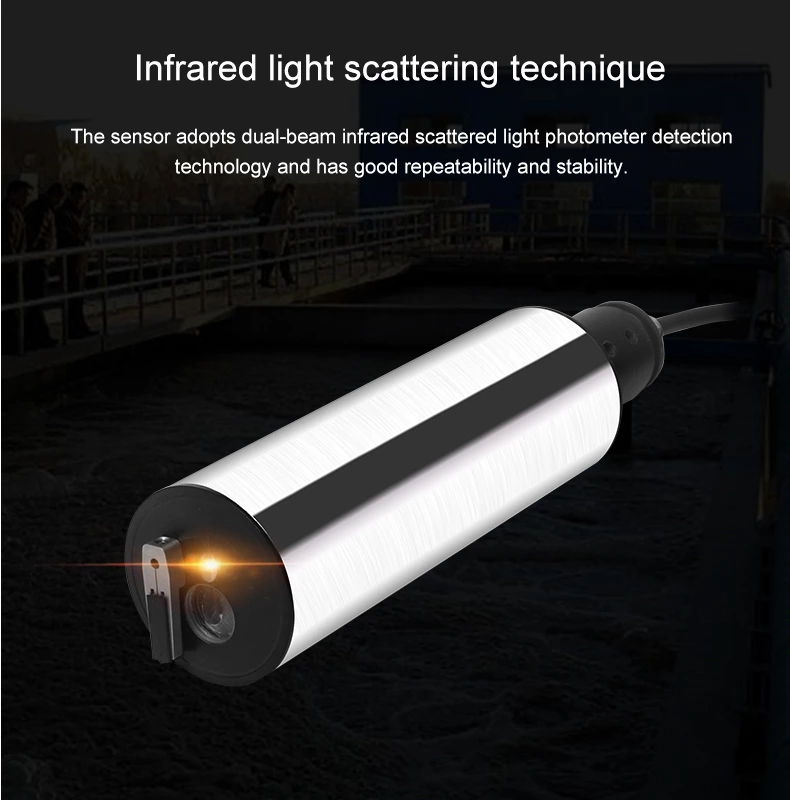
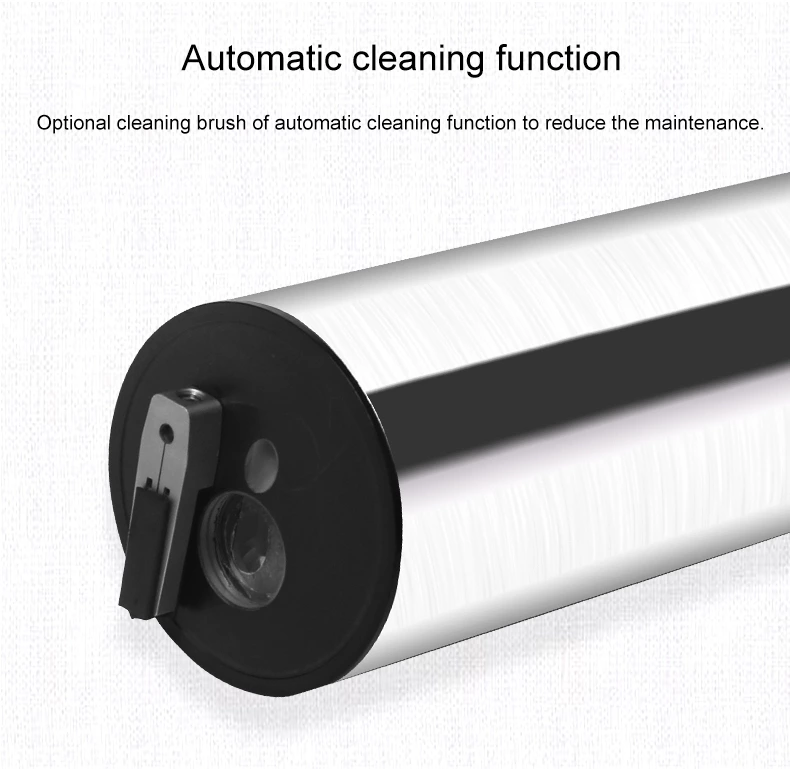
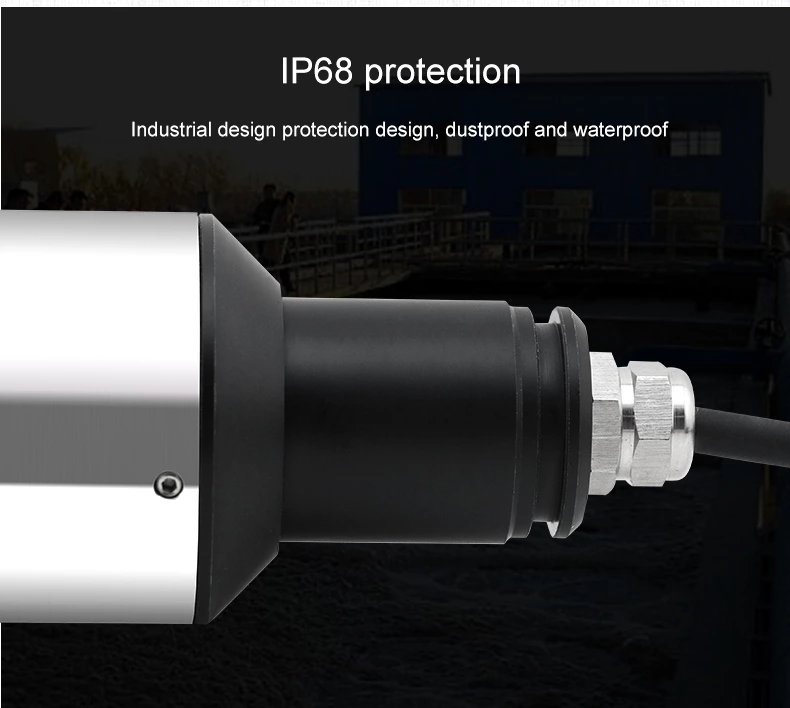
We use cookies to collect information about how you use this site. We use this information to make the website work as well as possible and improve our services.